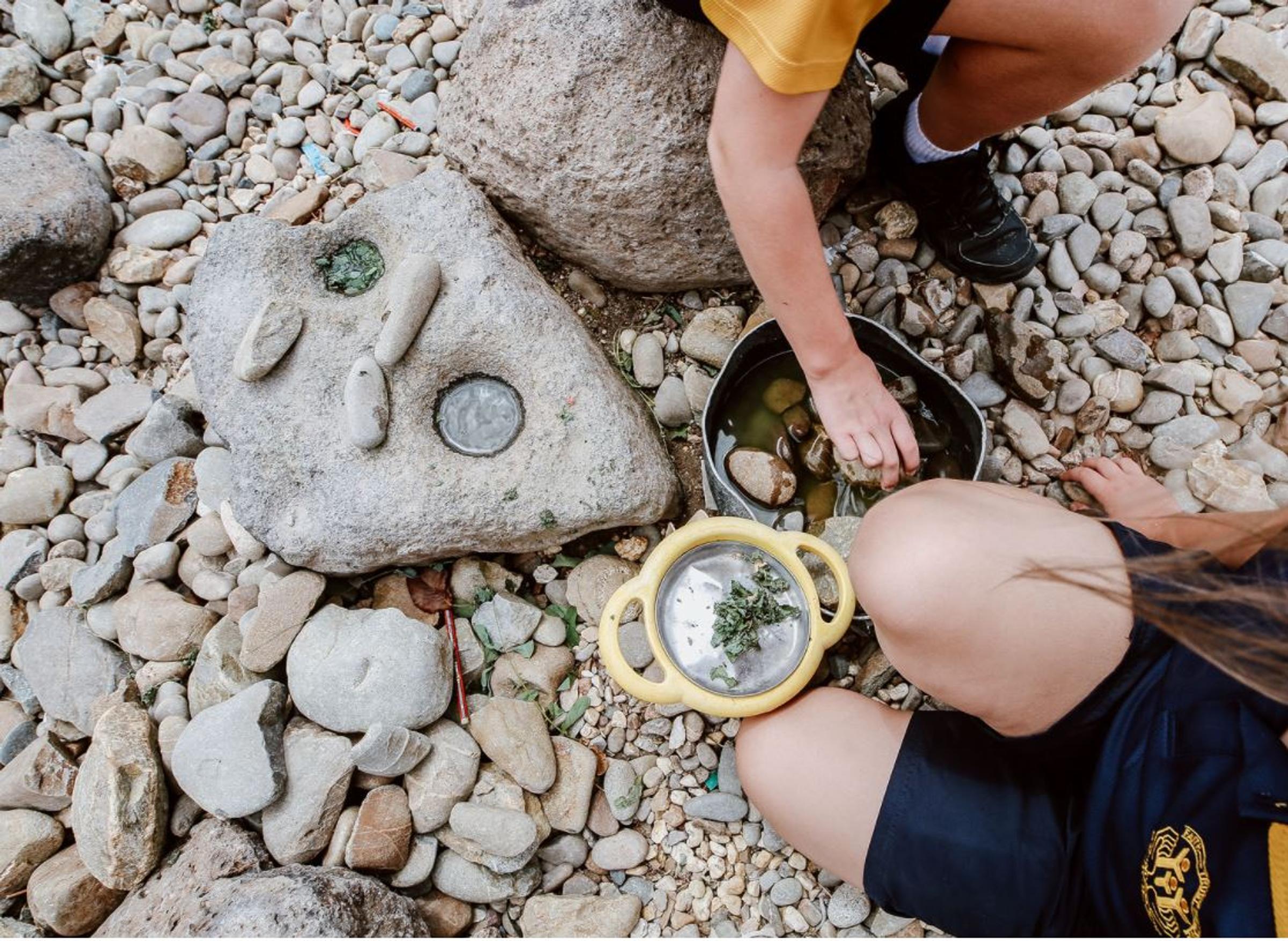Wellbeing Resources

Welcome back to Term 2! I hope everyone was able to take some deep breaths and enjoy some beautiful sunshine over the holiday break.
As the days become colder, the daylight hours are shorter, and we spend more time indoors, our mental and physical health can take a toll. You may find yourself more irritable, having low energy, struggling to keep up with day to day routines, or catching every cold and flu bug going around. It is important over these next few months to look after your mental health in order to support your overall health and wellbeing. These tips might help you combat some of the winter blues and negative feelings.
Get outside and exercise
Regular exercise is good for your body and mind. Even getting just 15 minutes of moderate exercise a day can boost your energy, help you sleep better and improve your mood. The cold weather doesn’t mean you are stuck inside. Get creative with ways to stay fit during the colder months…Bundle up and go outside to take a walk and get some fresh air and necessary Vitamin D or Find online videos to follow along. Exercise will reduce stress and help you relax, and spending time in daylight, even in winter, will benefit your mood.
Whether outside or inside, getting daily exercise is just one way to keep your body and mind strong throughout the winter months.
Keep up healthy eating and sleep habits
Eating a healthy and nutritious diet is a core component of maintaining a healthy lifestyle. Diets high in processed foods and refined sugar have been connected to worsening mood disorders, including depression. Focus on maintaining balance - fill up on healthy fruits, vegetables, and proteins, but allow yourself the occasional indulgence.
Getting a good night’s sleep is just as vital. While too much sugar can worsen your mood, so can too little sleep. Lack of sleep has been associated with an increased risk of depression and other mental health effects. And a healthy amount of sleep can improve your mental and emotional resilience. But with less daylight in the winter months, our circadian rhythms - the body’s natural clock that helps regulate important functions like sleep cycles and mood - can be thrown off. To combat this, maintain a healthy sleep routine. Try going to bed and waking up on a consistent schedule. Avoid electronics in the bedroom or watching television right before bed. Consistency will be key in getting your body on a healthy sleep cycle, regardless of the daylight - or lack thereof - outside.
Have a support system and stay connected
Studies have shown that having a strong support system and maintaining social interaction can be greatly beneficial in reducing negative mental health symptoms. Covid-19 changed the way we connect and interact with friends and family and the winter months provide a unique set of challenges. While it was easier to socialize safely during the warm weather by staying distanced outdoors, you can still find ways to connect. Schedule regular video chats with friends and family, reach out by phone or email, or even send a letter in the mail. For some extra fun, plan virtual trivia sessions, movie screenings, or other events.
It’s important to reach out to your support system and talk with those you trust when you feel like you’re struggling. Be open and discuss your concerns and how you’re managing them. These interactions, even virtual, can help build up your emotional and mental resilience.
Meditate and be mindful
Meditation and mindfulness has been shown to improve symptoms of depression and anxiety. Try practicing meditation for even just ten minutes a day. Meditating in the morning or before bed can help you start the day on a calm note or clear your mind of the stresses of the day. If you are new to meditation or find it difficult to quiet your mind, try some guided meditation apps or podcasts. Meditation also doesn’t need to be a formal practice. Other activities such as yoga, listening to your favorite song, or taking a quiet walk - even in the cold weather - can help you be mindful and check in with your body and mind.
Taking care of your mental health is a year-round practice. The winter doesn’t mean you’re stuck indoors and it certainly doesn’t mean you can’t do the things you enjoyed in the warmer months. While you may need to be a little more creative, you can certainly still connect with others, enjoy outside activities, and get that social interaction we all need to stay mentally healthy and happy.
EACH WEEK WE ADD NEW ARTICLES OR VIDEOS
If you need a chat or some ideas of what to do with the kids, please reach out…I am only too happy to make time for you.
If there is a particular topic of interest that you would like to know about or if you have any questions please feel free to email me at mmakin@smechuca.catholic.edu.au
Take care and stay safe
Michelle
School Social Worker
